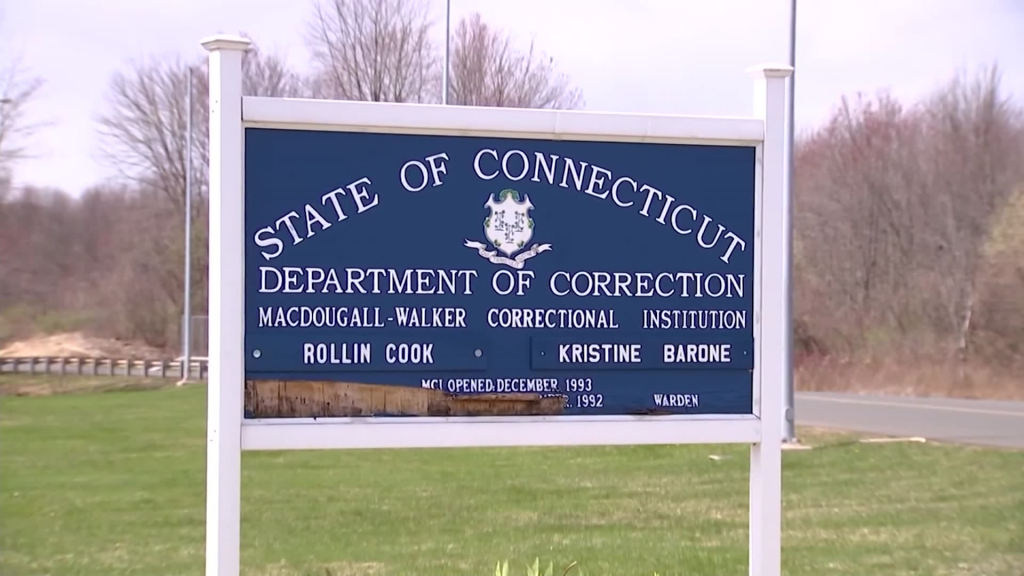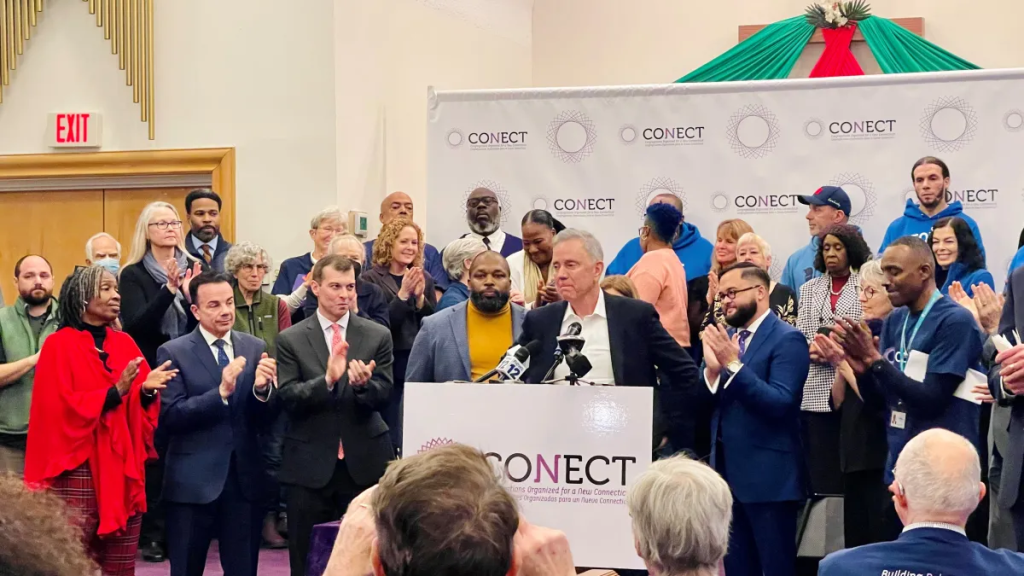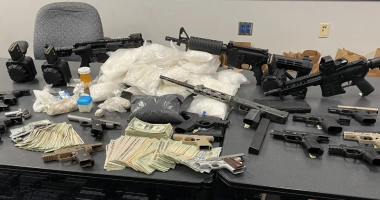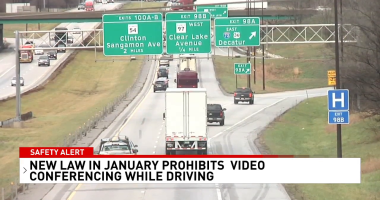Connecticut is on the verge of implementing a groundbreaking Clean Slate law that will expunge the criminal records of more than 80,000 individuals with previous convictions. Set to take effect in the new year, this long-awaited legislation, approved by the state Legislature in 2021, aims to offer a fresh start to those who have stayed out of trouble after their convictions for misdemeanors or certain low-level felonies.

Under the Clean Slate law, criminal records will automatically be wiped clean seven years after the date of a misdemeanor conviction or ten years after a low-level felony conviction if no subsequent crimes have been committed.
Governor Ned Lamont emphasized the law’s objective to remove barriers to employment, education, and housing for individuals with minor convictions who have since rehabilitated themselves.
“The idea that minor crimes should remain on someone’s permanent record is outdated and can do more harm than good,” Governor Lamont stated, highlighting the need to support individuals striving to reintegrate into society after making mistakes.
The delay in implementing the law, attributed to the need for comprehensive information technology system upgrades costing $8 million, has been resolved. The newly revamped system is now operational, enabling criminal justice agencies to identify eligible convictions and automate their erasure in line with the Clean Slate Law’s provisions.
read more: https://www.newsbreak.com/news/3272823400779-connecticut-to-wipe-clean-80-000-criminal-records

The system has identified at least 178,499 offenses from over 80,000 individuals eligible for automatic record clearance. For those with convictions predating the year 2000, eligibility requires a petition to the court for approval.
It’s important to note that while the law doesn’t entail the deletion or destruction of records, it restricts their disclosure to anyone other than the court clerk holding the records, aiming to provide a fresh start for affected individuals.

This move follows Connecticut’s earlier action this year when it expunged 43,754 low-level drug possession convictions under the state’s recreational cannabis law, demonstrating the state’s commitment to addressing the consequences of minor offenses and supporting individuals seeking a second chance.
Latest News:
- Connecticut Unveils Historic Tax Relief Measures Benefiting Residents
- Virginia Police Confiscate Drugs, Weapons, and Cash in Multi-County Operation
Despite being a student and an athlete, Sachin never lets himself be confined merely to sports or academics and rightly shows vivid interest in work behind the lenses thus, making him the right fit for being a content creator at Landscape Insight. He serves the website with various reports from the entertainment industries right from web series to movies. When not found writing, he enjoys listening to music and playing video games.
You can reach him at [email protected] or through our website’s contact page.







